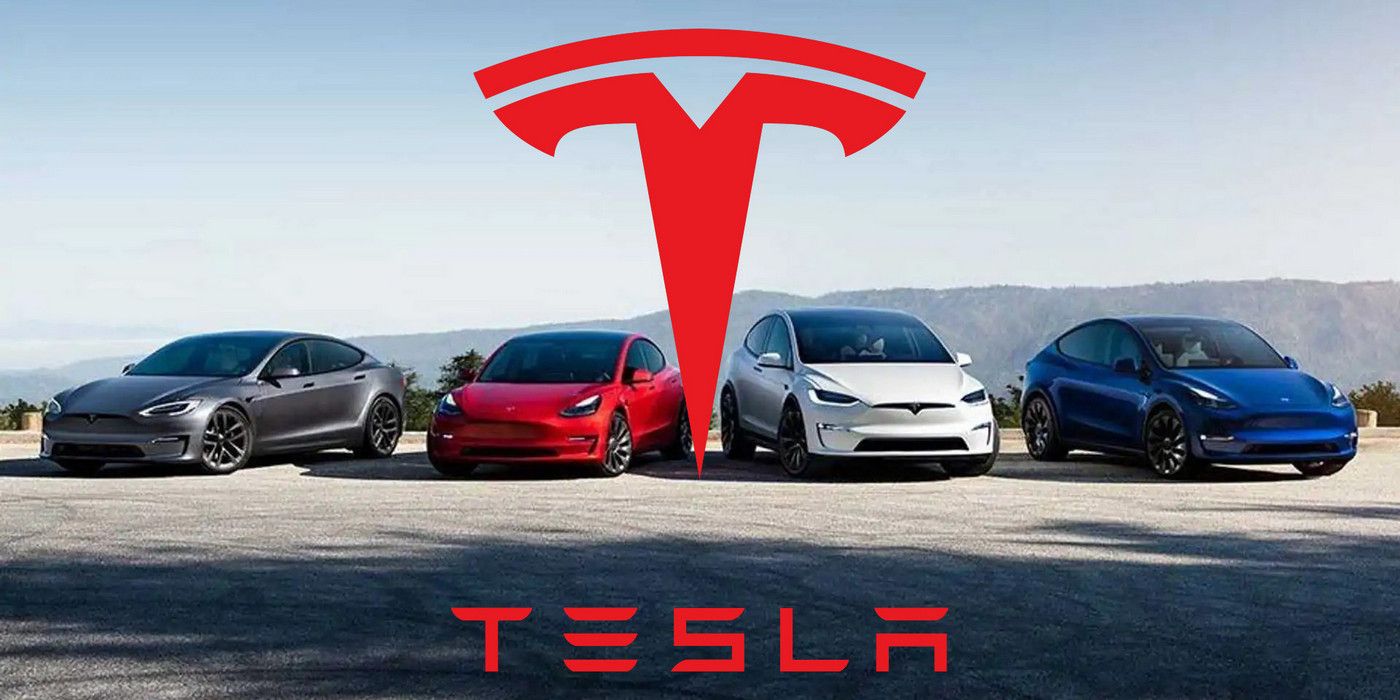Tesla has issued a recall for nearly 130,000 vehicles in the U.S. due to a touchscreen malfunction issue caused by an overheating CPU. This is the latest in a long line of recalls for various Tesla models over the past year. Earlier this month, the company recalled a single unit of its Model X EV over missing a safety reinforcement. A week before that, the company recalled around 48,000 Model 3 Performance vehicles due to a speedometer malfunction.
Earlier this year, the EV-maker was forced to recall more than 800,000 vehicles over a seat-belt chime malfunction and around 54,000 units due to faulty Full Self-Driving (FSD) software. It also recalled nearly 30,000 cars because of problems with windshields that were not defrosting quickly enough in cold weather. The latest recall is for a touchscreen malfunction that may not seem like a serious safety issue, but the problem with the screen can still result in a lack of information for the driver, thereby increasing the risk of an accident.
According to a document published by the National Highway Traffic Safety Administration (NHTSA), the problem relates to the CPU of the car's touchscreen-based infotainment system, which can sometimes overheat when supercharging or preparing the battery pack for supercharging. As a result, the screen can sometimes go blank or become laggy and unresponsive. The computer can also sometimes randomly restart due to the problem. According to Tesla, a lagging or unresponsive CPU could prevent the center screen from displaying critical information, such as "rearview camera image, gear selection, windshield visibility control settings, and warning lights."
Tesla Is Rolling Out A Fix For The Overheating Issue
The latest recall affects 129,960 vehicles in all, including Model S and Model X units produced between 2021 and 2022, as well as Model 3 and Model Y units built in 2022. Fortunately, Tesla says that the issue can be easily fixed with a software update and doesn't require a hardware reconfiguration. The company says it started deploying the necessary update on May 3 to mitigate the issue and improve the thermal management of the center console CPU while supercharging or preparing to fast-charge. Tesla also says it will contact all affected owners with an official recall notification on July 1, 2022, but the issue should be fixed by then.
Tesla has four distinct models in its portfolio, the luxury Model S sedan, the mid-size Model X crossover, the compact Model Y crossover and the entry-level Model 3. Unfortunately, like most other EV companies, Tesla has also been hit hard by the rising cost of batteries and other components and has raised the prices of all its vehicles multiple times over the past year. In late March, Tesla's latest price hike pushed the cost of the Model 3 and Model Y above the rebate threshold in California. It ensured that neither qualified for the state's clean vehicle rebate anymore.
Source: NHTSA


